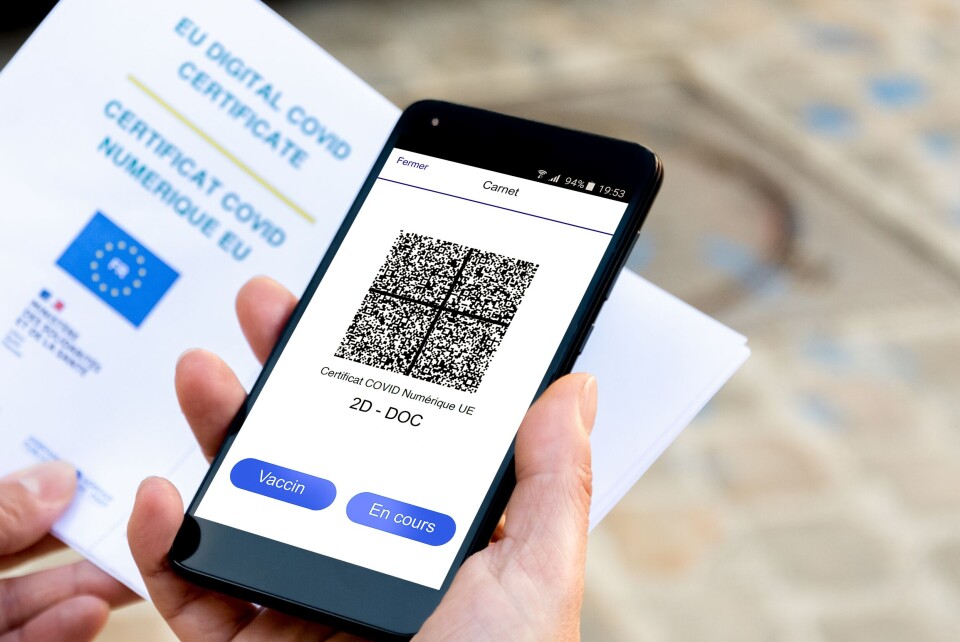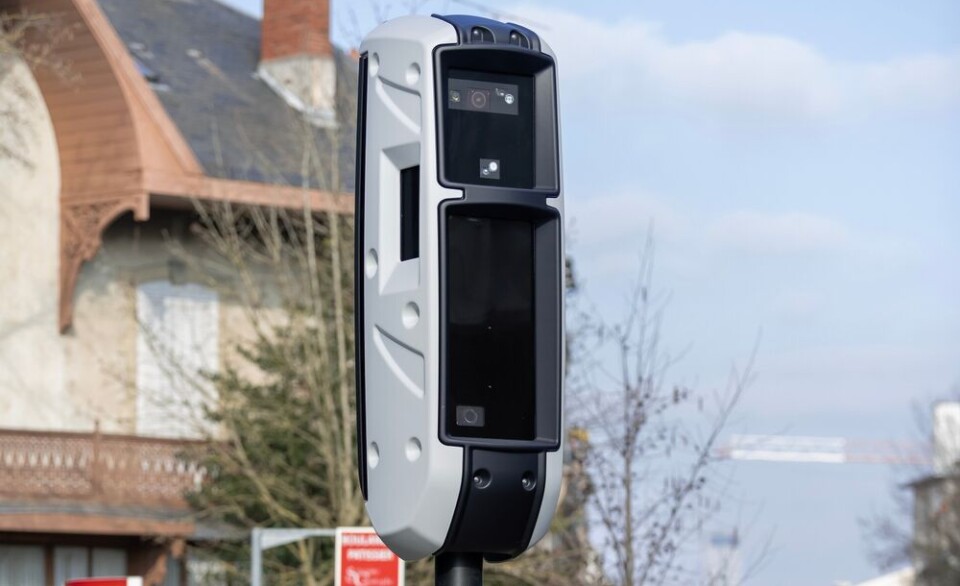-
MPs push to remove low emission zones in France
Critics say the zones penalise lower-income households, but the government has warned abolishing them could cost billions
-
Trump tariffs: Americans in France hit by dollar drop
Europe has said the tariffs will cause the economy to ‘massively suffer’ as France plans retaliation
-
What is being proposed to help people in areas that lack doctors in France
The new law on doctor location is set to improve ‘healthcare equality’, but doctors are critical
French MPs block maintaining Covid pass for international travellers
The government wanted to keep the right to continue border checks but failed to do so due to its weakened parliamentary position. Senators will now debate the issue

Opposition MPs have rejected part of a Covid bill that would have given the French government the possibility to reinstate health pass measures for travel in and out of France beyond July 31.
France’s ruling coalition, Ensemble !, failed to win an absolute majority in parliamentary elections in June, meaning they will now in most cases have to rely on the support of opposition MPs to get bills through the lower house of parliament, the Assemblée nationale.
Read more: Power shift in France: President Macron needs MPs to compromise
This Covid bill was one of the government’s first experiences of ruling through compromise and it was met with the full force of the new power dynamics in the House.
MPs from across the political spectrum, including the far-right Rassemblement National and the left-wing coalition Nupes, which has members of the Parti communiste français among its ranks, joined forces to block this significant part of the bill.
Overall, 219 MPs voted against the possibility of reinstating health pass measures for international travel, with 195 voting for it.
The ruling coalition was not helped by the fact that it is currently without the 21 MPs recently appointed to ministerial roles who, according to the electoral code, must wait at least 30 days after their appointment to replace their predecessors in parliament.
The debate in the Assemblée nationale was often fraught and opposition MPs railed against the government for maintaining the measure that prohibits non-fully vaccinated healthcare staff from working.
What is the Covid bill?
The bill is aimed at tackling the seventh wave of Covid, which has led to case rates surging in recent weeks.
Read more: Coronavirus: Daily updates on the situation in France
Read more: Covid deaths in France surpass 150,000, hospitalisations on rise again
It contains two main articles. The first, which was approved by parliament, introduces the possibility of extending the use of France’s Covid test database SI-DEP and its system of alerting the close contacts of people with Covid until March 31, 2023.
The second article, which was rejected, would have given the government the possibility of reintroducing the Covid health pass for travellers in and out of France.
The bill carries no mention of extending health or vaccine pass measures within France.
A health pass is not a document in of itself but is either proof of being fully vaccinated against Covid, proof of having recovered from it recently (in the form of a positive test) or proof of a negative Covid test. The time scale for this depends on what the pass is being used for and on the type of test employed.
International arrivals from green-list countries to France aged 12 and over currently have to present one of these documents.
People planning to travel from France to an amber-listed country must also show proof of being fully vaccinated. If they are unvaccinated, they must have an essential reason for travel and do a pre-departure test. This measure is set to end on July 31.
In practice, travel companies or airlines are often no longer asking to see these documents.
Read more: France to review prolonging Covid pass for international travel
What happens next?
Suffice to say the government was not pleased by the blocking of this major part of the bill.
Prime Minister Elisabeth Borne took to Twitter to slam the opposition alliance.
“This is a serious time. By joining forces to vote against measures to protect the French people against Covid, [opposition parties] are preventing any border control against the virus,” she wrote.
The bill will next be debated in the upper house of parliament, the Senate.
France’s new Health Minister François Braun has said that the government will try its best to re-establish the rejected part of the bill.
In France’s two-chamber parliament, bills are passed back and forth between the two legislative chambers before an agreement is reached or compromises are made.
Related articles
‘We must learn to govern differently’: Key points of Macron’s TV talk
What is the profile of patients now in hospital for Covid in France?
French Covid surge: Recap of rules if you’re positive or close contact
























